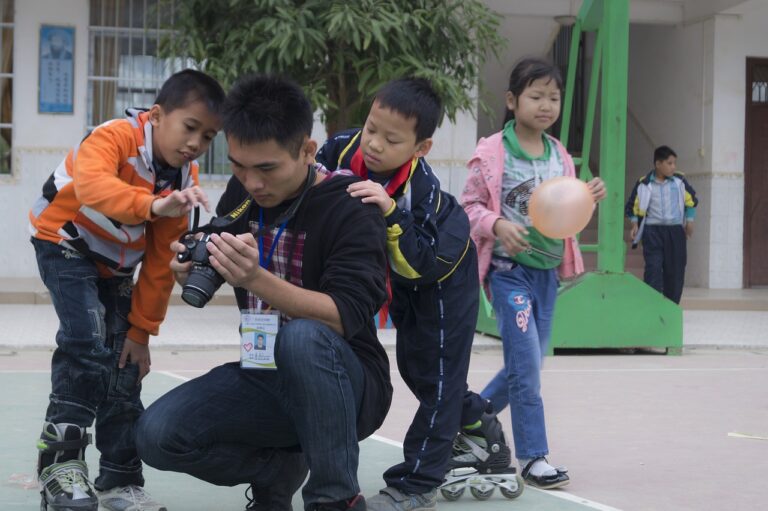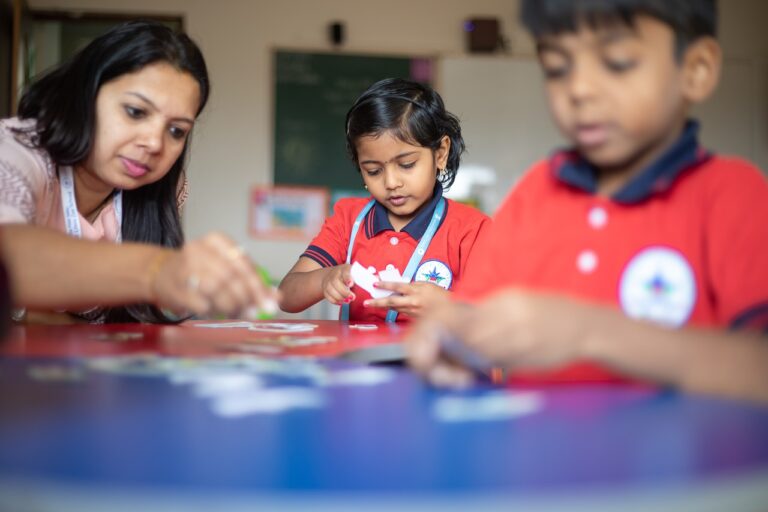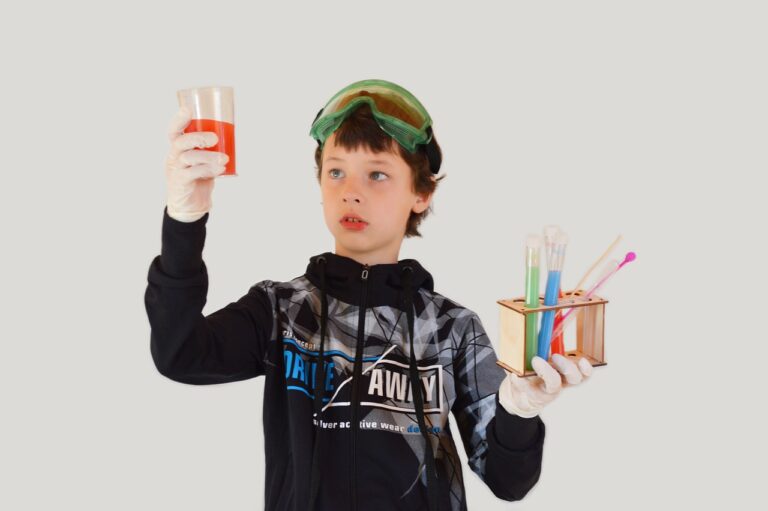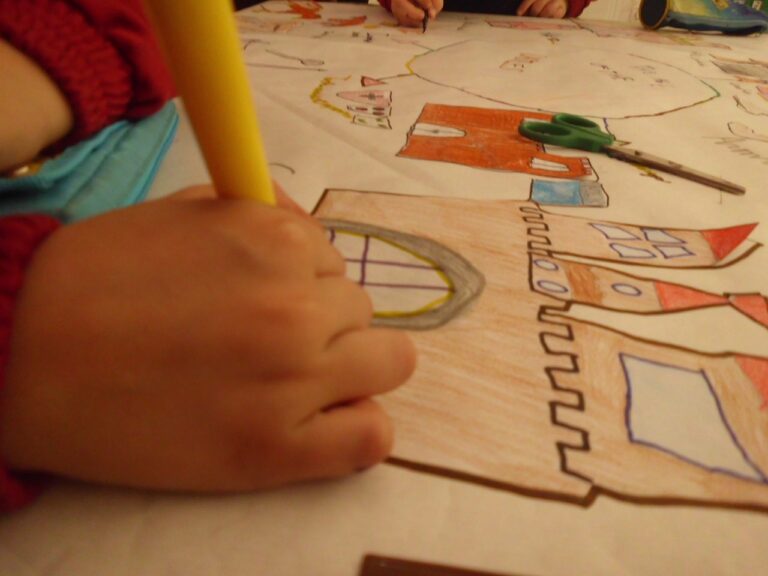Promoting Gender Equity in Sports Education
Gender equity in sports education is crucial in fostering equal opportunities for all individuals to participate and thrive in athletic endeavors. By providing fair access and resources to both male and female students, sports education can empower individuals to develop their physical abilities, learn valuable life skills, and promote overall well-being. When institutions prioritize gender equity in sports, they help break down barriers that have historically limited female participation and recognition in sports.
Ensuring gender equity in sports education not only promotes inclusivity and diversity but also contributes to building a more inclusive society overall. When individuals have equal opportunities to engage in sports and physical activities regardless of their gender, it helps challenge societal norms and stereotypes, paving the way for a more inclusive and accepting community. By fostering a culture of gender equity in sports education, institutions can promote respect, equality, and collaboration among all participants, creating a supportive environment for students to thrive and achieve their full potential.
– Gender equity in sports education empowers individuals to develop their physical abilities
– It promotes inclusivity and diversity within athletic endeavors
– Challenges societal norms and stereotypes regarding gender roles in sports
– Fosters a culture of respect, equality, and collaboration among all participants
Challenges Faced by Female Athletes in Sports Education
Navigating the world of sports education as a female athlete often comes with its unique set of challenges. From lack of access to proper training facilities to unequal opportunities for competition, female athletes frequently face obstacles that their male counterparts may not encounter. This disparity can lead to feelings of frustration and discouragement among aspiring female athletes, impacting their overall enthusiasm for pursuing sports as a career or a serious endeavor.
Moreover, societal stereotypes surrounding gender and sports can also pose a significant challenge for female athletes in sports education. The misconception that certain sports are more suitable for men or that women are inherently less capable athletes can create a hostile environment for female athletes. Overcoming these ingrained stereotypes requires a shift in societal attitudes and a concerted effort to provide equal support and resources for female athletes in sports education.
Breaking Stereotypes in Sports Education
Breaking stereotypes in sports education is a crucial step towards creating a more inclusive and equitable environment for all athletes. It is essential to challenge preconceived notions and biases that may limit opportunities for individuals based on their gender. By promoting and celebrating diversity in sports, we can empower athletes to defy societal expectations and reach their full potential.
By highlighting the achievements of female athletes and providing them with equal opportunities, we can inspire the next generation to pursue their athletic aspirations without constraints. Creating a supportive and nurturing environment that encourages all individuals to participate in sports regardless of gender is key to breaking down barriers and fostering a more inclusive sports culture.
Why is gender equity important in sports education?
Gender equity in sports education is important to ensure equal opportunities and resources for both male and female athletes. It helps to break stereotypes and promote diversity and inclusion in the sports industry.
What are some challenges faced by female athletes in sports education?
Female athletes often face discrimination, lack of support, and limited opportunities compared to their male counterparts. They may also struggle with societal stereotypes and biases that discourage them from pursuing their athletic goals.
How can we break stereotypes in sports education?
Breaking stereotypes in sports education requires promoting gender equality, challenging outdated beliefs, providing equal opportunities and resources for all athletes, and encouraging diversity and inclusion in sports programs.
What can individuals do to support gender equity in sports education?
Individuals can support gender equity in sports education by advocating for equal opportunities, challenging gender stereotypes, promoting inclusivity, and supporting female athletes in their pursuit of athletic excellence.






